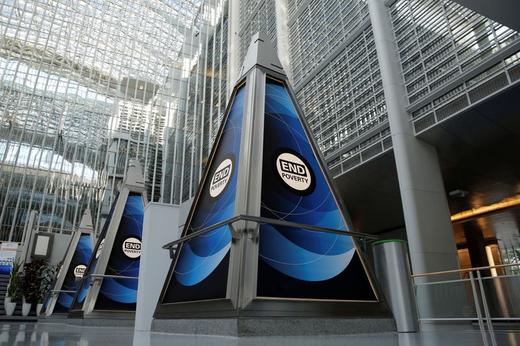Britain’s King Charles III and Queen Camilla are scheduled to undertake a state visit to Kenya from Tuesday, October 31, to Friday, November 3, 2023, as confirmed by Buckingham Palace.
This visit marks King Charles III’s first visit to a Commonwealth nation since his ascension to the throne in September of the previous year. The trip is a response to an invitation extended by Kenyan President William Ruto and coincides with Kenya’s upcoming 60th anniversary of independence from British colonial rule, set to be celebrated in December.
During their visit, the royal couple is expected to explore various regions of Kenya, including Nairobi City County, Mombasa County, and the surrounding areas. The main purpose of the visit is to celebrate the strong and dynamic partnership between the two nations.
The visit’s program is designed to emphasize the collaborative efforts of the UK and Kenya across multiple areas. These efforts encompass economic development, climate change mitigation, youth employment opportunities, sustainable development promotion, and the enhancement of regional stability and security.
King Charles III is slated to engage with members of the Kenyan government, UN personnel, faith leaders, young citizens, and Kenyan Marines who are training alongside the UK Royal Marines. Additionally, he will participate in an event honoring Nobel laureate Wangari Maathai.
In addition to strengthening diplomatic relations, King Charles III intends to address historical issues in the UK-Kenya relationship. This includes examining the period of British colonial rule, which came to an end in 1963. Of particular focus is the “Emergency” that transpired from 1952 to 1960 when a state of emergency was declared due to the Mau Mau guerrilla campaign against European settlers. King Charles III’s visit will be an opportunity to deepen his understanding of the hardships endured by the people of Kenya during this time.
The royal visit is anticipated to evoke mixed emotions, given the historical context. Approximately 10,000 individuals lost their lives during the suppression of the Mau Mau uprising. To address past injustices, the UK reached a settlement in 2013 to compensate over 5,000 Kenyan victims of abuse during the revolt, amounting to nearly £20 million (approximately $25 million at present exchange rates).
Moreover, the presence of British troops in Kenya has been a source of tension. In August, the Kenyan parliament initiated an inquiry into the activities of the British army, which maintains a base approximately 200 kilometers (120 miles) north of Nairobi, near the town of Nanyuki. The case of a young Kenyan mother’s alleged murder by a British soldier in 2012 has been particularly notorious.
King Charles III has made three previous official visits to Kenya in 1971, 1978, and 1987, and both the King and Queen have privately visited the country as well. Kenya holds a special place in the history of the royal family as it was the country where the historic reign of Queen Elizabeth II began. She was in Kenya when her father, King George VI, passed away in 1952. This event marked the start of Queen Elizabeth II’s reign as she embarked on a Commonwealth tour with her husband, Prince Philip, in place of her ailing father. In 2010, Prince William, Charles’ elder son, proposed to his long-term girlfriend, Kate Middleton, during a visit to Kenya.




















